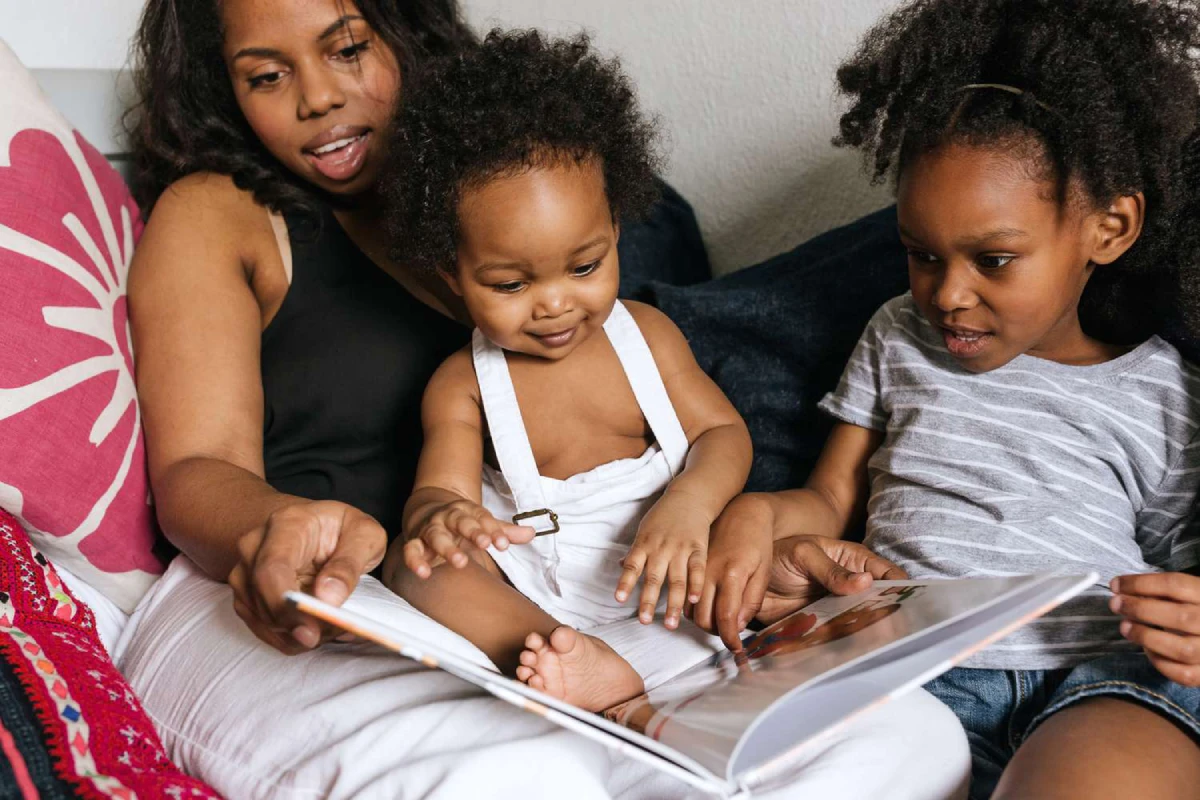From birth, children need experiences and relationships that show them they’re valued and capable human beings who bring pleasure to others.
During holidays, parents need to reconsider focusing on and paying attention to children alongside their work plan so that children can share with them both good and bad experiences they may have encountered while at school. This will help to prevent children from developing toxic stress, which can have devastating physical and psychological consequences that may result in trauma and eventually affect their ability to learn and stay in school, according to UNHCR.
ACP Maureen Atuhaire, the Commissioner of the Uganda Police Child and Family Protection Department, urged parents to engage their children in important conversations such as investments, saving, money-making ventures and businesses, farming, climate change, health, and governance issues; take them along to church; organize tours, visits to the beach, or walks to have ample time with their children; and love them unconditionally in order to bridge any gap that could exist between the parents and their children.
The research findings have confirmed that some parents of the current generation have busy schedules and have limited time for their children, which is why some children have been victims of different vices in school and tend to remain silent because they aren’t given attention.
However, it is not yet too late for parents to change this story. Police advised that parents need to teach children and regulate their use of and exposure to social media platforms.
“The Internet isn’t considered a bad influence because it aids in research and study work as well as keeping one up to date, but it is very bad if not regulated for the young ones,” police said.
It is also important for parents to pay attention to what their children watch on television.
Dorcus Magoba, a mother of three and also a resident of Kisasi village, a Kampala suburb, said that children need to be treated as individuals, not as a whole, because each child is different. She added that the biggest mistake parents make is treating children as a whole.
“What is going on in today’s world and what is happening with this generation is that children know and are much exposed to the media in their faces. As a parent, I have to find out what they know and don’t know, and I get to know that by being in my children’s lives. I organize dates (going out) with them, play with them but also allow them to play outside, encourage them to read a lot, and limit the time for TV since some content doesn’t help my children. This is good for their mental health,” she said.
“When children are treated as a whole, it’s difficult to understand their specific individual needs and challenges because my 12-year-old boy’s challenges are not the same as my daughter’s, and assuming that they are children is wrong because with internet exposure, the children know more than we think. So we need to understand all this so we know how to deal with them,” Magoba said.
She urged parents to download content that is educational and will help build the mental health of their children. She said that taking children to expensive places like Acacia Mall and Freedom City isn’t the only way to help them because, as they grow, they are looking for that one-on-one moment where they will easily be understood by parents.
Priscilla Kisakye, a teacher at Twinbrook Schools located in Bamba, Kasangati, and Wakiso Districts, said children need time with parents to feel parental love. She added that parents need to utilize holidays to get to know their children’s behavior and weaknesses, talk to them, and advise them since they tend to develop different behaviors at school.
“Children need time with parents, and it is during this time that parents get to know their children’s behavior. Since they meet several children with different characters, they need to utilize holidays to grow them spiritually, learn children’s weaknesses and hobbies, and help them develop their creativity and reasoning capacity,” she said.
According to the Ministry of Gender, Labour, and Social Development’s Uganda National Parenting Guidelines, the primary role of a parent, guardian, and caretaker is to bring up responsible citizens for the country, adding that this role should not be substituted with any other.
It is therefore upon each and every parent to play their part during holidays by taking time to discover their children’s passion and capabilities, support them to achieve their future dreams, interest them in important conversations, ensure that they get a balanced diet, give them unconditional love, teach them about God, and give them ample time to erase their fears to help them open up about what they go through while at school in order to ensure that they raise a generation that is morally upright through addressing all issues that affect children.
According to the Raising Children Network, positive attention, reactions, and responses from key adults help children build a picture of how valued they are.
Reports from UNICEF and UNHCR show that children face a lot of challenges while at school that parents need to pay attention to by giving their children time at home. These challenges range from attacks on schools by arsonists, problems associated with peers like confronting bullies, exam stress, defilement, and homosexuality—some children are sodomized—to social and academic challenges.
